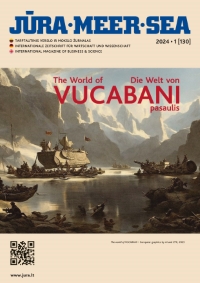Ascendancy of China's middle class will add demand on US food sector
2012 02 29
- Details
THE US Grains Council's latest report that looks at "A Changing Vision of World Food Demands in 2040," has concluded that "sophisticated food demands of newly affluent consumers in China and other developing nations are likely to cause major change in US farming and food production".
It said that this will likely change Asian food policy and world trade, said USGC president and CEO Thomas Dorr.
"Growing affluence in China could change people's diets and the global food system. Consumers will expect more choice, quality, convenience and safety in their food purchases," he said.
A statement said that the Food 2040 study also reveals important implications for agricultural trade policy between the US and Asian nations. "We are seeing China become more open to acceptance agricultural biotechnology, which can help meet the needs of the Asian middle class in a sustainable manner," Mr Dorr said.
It also highlighted that US attitudes about feeding the world are likely to change too. "Many of the agribusinesses and agricultural organisations that comprise the US Grains Council are starting to review possibilities for meeting the needs and capturing the economic value with the ascendancy of the Asian middle class," said USGC chairman Wendell Shaman, an Illinois corn farmer and member of the Illinois Corn Marketing Board.
"Working together with trading partners around the world to understand emerging trends, we can use a convergence of science, technology and policy reform to meet changing food demands and capture the economic potential of new Asian consumers."
The report said that although India is expected to surpass China in population numbers, China is likely to remain the dominant economy within the timeframe of Food 2040.
"Agricultural biotechnology may no longer be dominated by US technology. China is on a path to global bioscience leadership, driven by major central government investments to meet its own food needs and a desire to be an export leader," the study found.
On the other hand, it said: "Asia does not yet have a well-developed food safety and inspection system, but this could change through use of 21st-century Nan technology, biotechnology, information technology and logistics systems.
"By 2040, 70 per cent of consumer food expenditures in Japan will go towards foods prepared outside the home, and China is likely to adopt Japan's rapid acceptance of foods prepared outside the home."
Source Shipping Gazette - Daily Shipping News
The magazine SEA has been published since 1935
International business magazine JŪRA MOPE SEA has been published since 1999
The first magazine in Eurasia in the four languages: English, Chinese, Russian and Lithuanian
|
|










